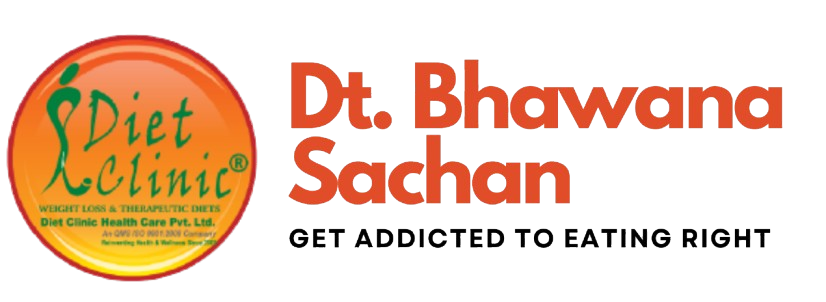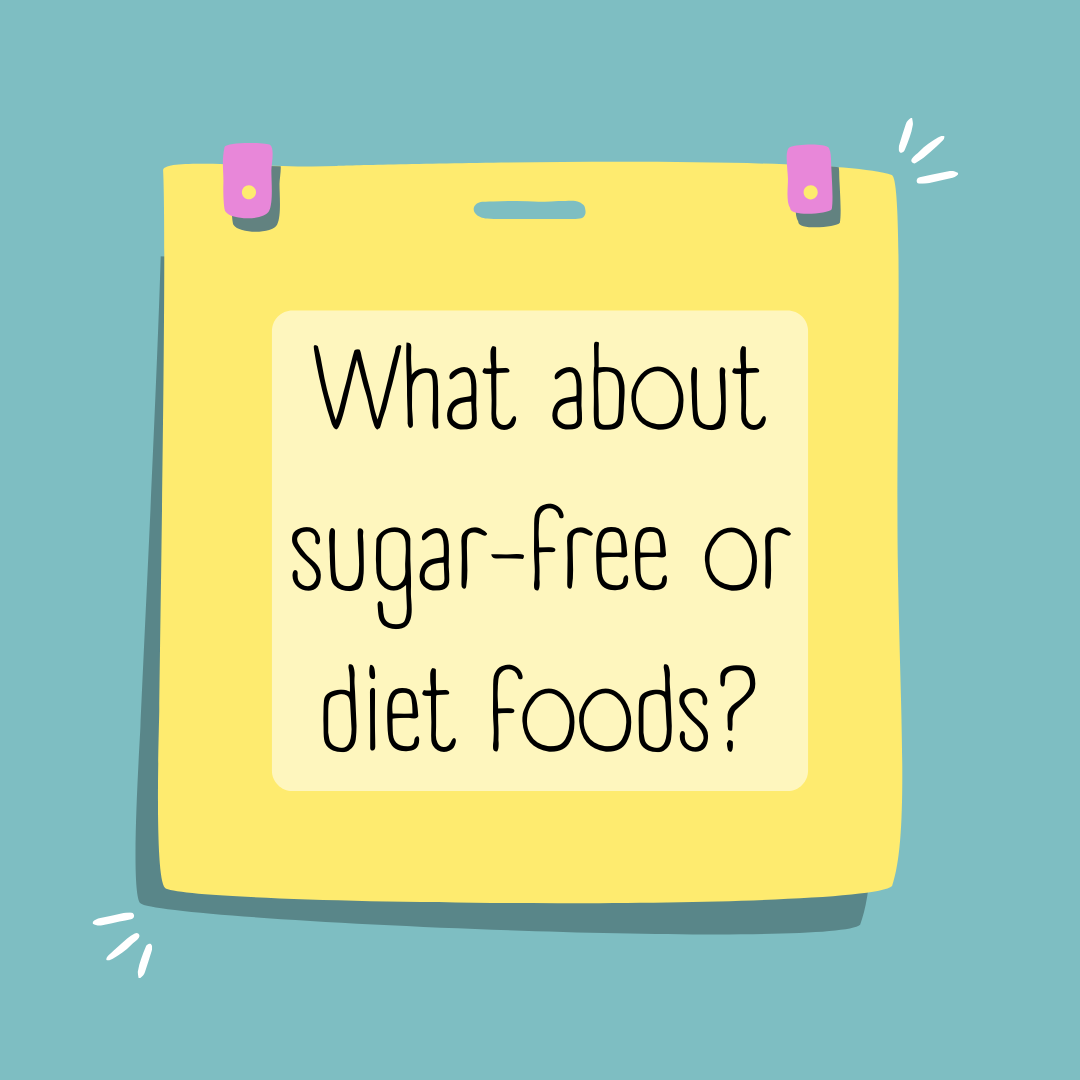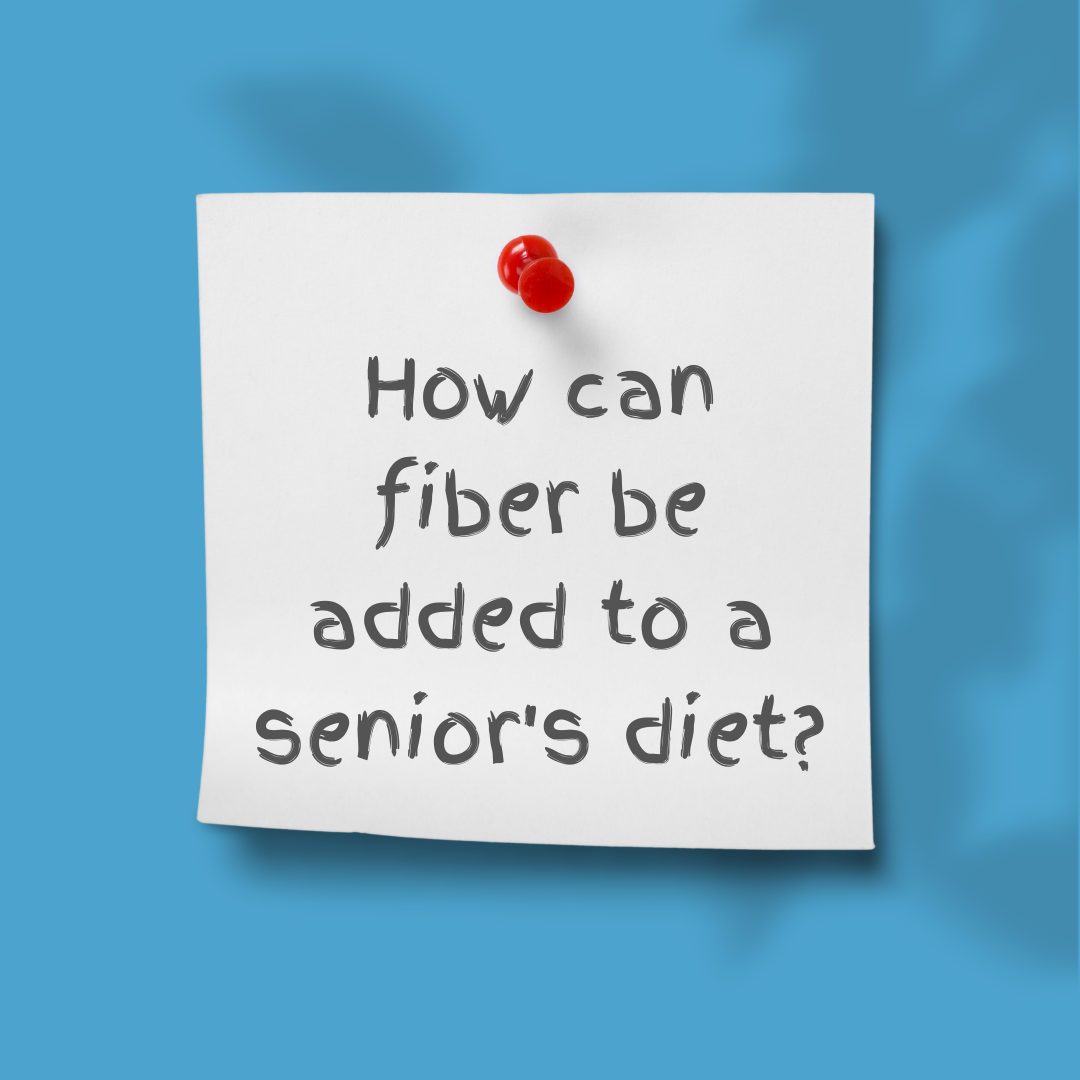Sugar-free and diet foods have become increasingly popular in today’s health-conscious society, with many individuals turning to these options in an effort to reduce their sugar and calorie intake. While these products can be beneficial in certain situations, it’s essential to understand their pros and cons and to use them wisely.
Sugar-free foods are designed to provide the sweet taste people love without the calories and potential health risks associated with regular sugar consumption. They often contain sugar substitutes like aspartame, saccharin, or stevia. These sweeteners are significantly sweeter than sugar, so only a small amount is needed, which can help reduce calorie intake. Sugar-free foods are particularly appealing to individuals with diabetes or those looking to manage their weight.
However, there are potential downsides to sugar-free products. Some studies suggest that the artificial sweeteners used in these foods may alter the gut microbiome and affect metabolic processes. Additionally, while they don’t raise blood sugar levels like regular sugar, they can still trigger sweet cravings, potentially leading to overconsumption of other high-calorie foods.
Diet foods are typically low in calories and fat, making them suitable for individuals aiming to lose weight or maintain a healthy weight. These foods often come in pre-portioned servings, which can help with portion control. Diet foods may also contain more fiber, vitamins, and minerals to provide essential nutrients while cutting calories.
Nevertheless, diet foods can have drawbacks. Some may contain artificial additives, preservatives, or excessive amounts of salt to enhance flavor. As a result, they may not be as nutritionally balanced as whole, unprocessed foods. Relying solely on diet foods can also lead to an unbalanced and monotonous diet, missing out on the pleasures and nutritional benefits of a diverse range of foods.
Incorporating sugar-free or diet foods into your diet can be a useful strategy when used mindfully. It’s important to remember that a well-balanced diet primarily consists of whole, minimally processed foods like fruits, vegetables, whole grains, lean proteins, and healthy fats. Sugar-free or diet foods can complement this diet but should not replace it entirely.
If you have specific dietary restrictions or health concerns, it’s advisable to consult a healthcare professional or registered dietitian for personalized guidance. They can help you make informed choices and create a dietary plan that suits your individual needs while considering the potential benefits and drawbacks of sugar-free and diet foods.
In conclusion, sugar-free and diet foods can be valuable tools when used thoughtfully in a balanced diet. They offer an opportunity to reduce sugar and calorie intake, making them suitable for individuals managing diabetes or seeking to control their weight. However, they should not be the sole focus of a diet, as a diverse and balanced intake of whole foods is essential for overall health and well-being.




